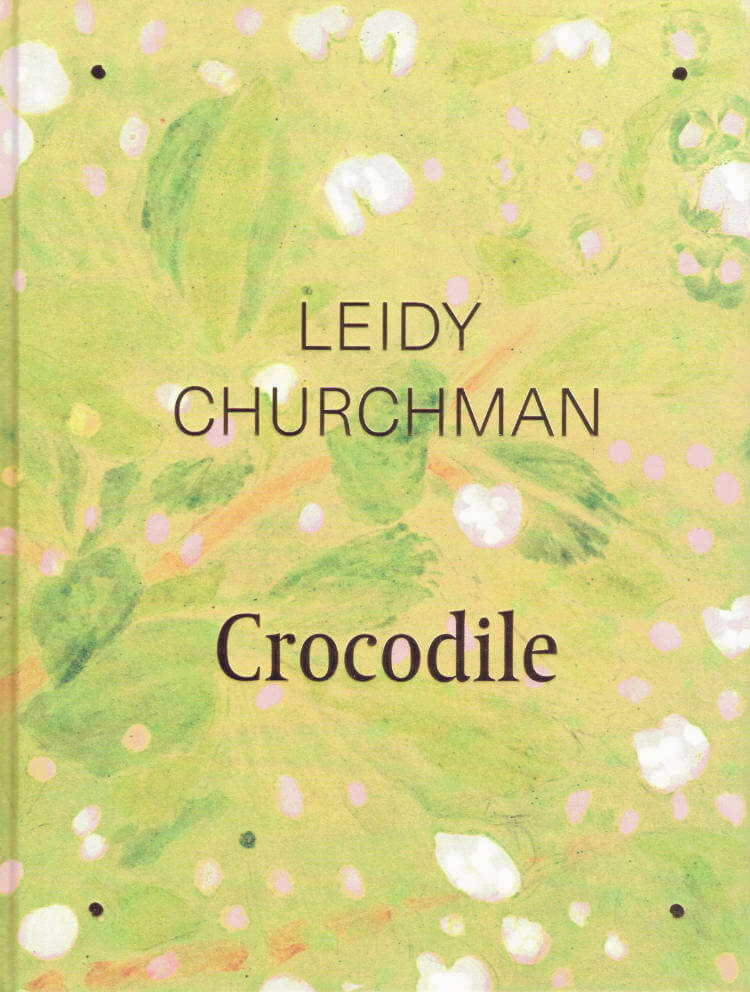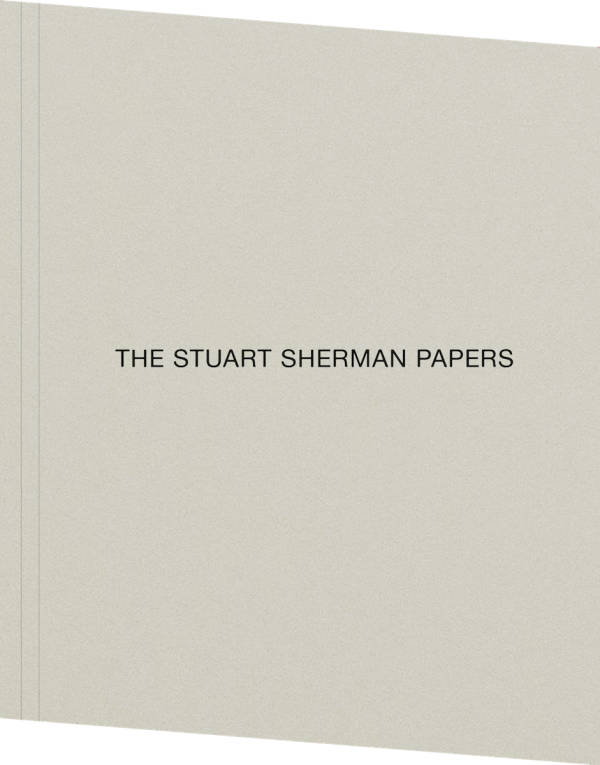
Crocodile
Ranging from figurative representation to gestural abstraction, monumental landscape paintings to more intimate portraits, the oeuvre of American painter Leidy Churchman (born 1979) channels his artistic and literary influences, friendships, moods, surrounding landscapes and the visual iconography of divergent religions and philosophies.
Crocodile highlights the artist's investigations into consciousness in his renderings of anthropomorphic animals and psychological states; his appropriation of existing artworks and aesthetics; and his recasting of various signs and symbols, from his depiction of the Buddhist symbol of the protector deity in Mahakala (2017) to the Mastercard logo in Mastercard (2013).
Churchman, who divides his time between New York and Maine, emerges here as a dynamic protagonist of contemporary American painting. In addition to collecting 90 reproductions of works, the book features artwork made especially for it, plus texts by Ruba Katrib, Alex Kitnik and Arnisa Zeqo, in addition to a conversation between Churchman and Lauren Cornell.
Language: English




